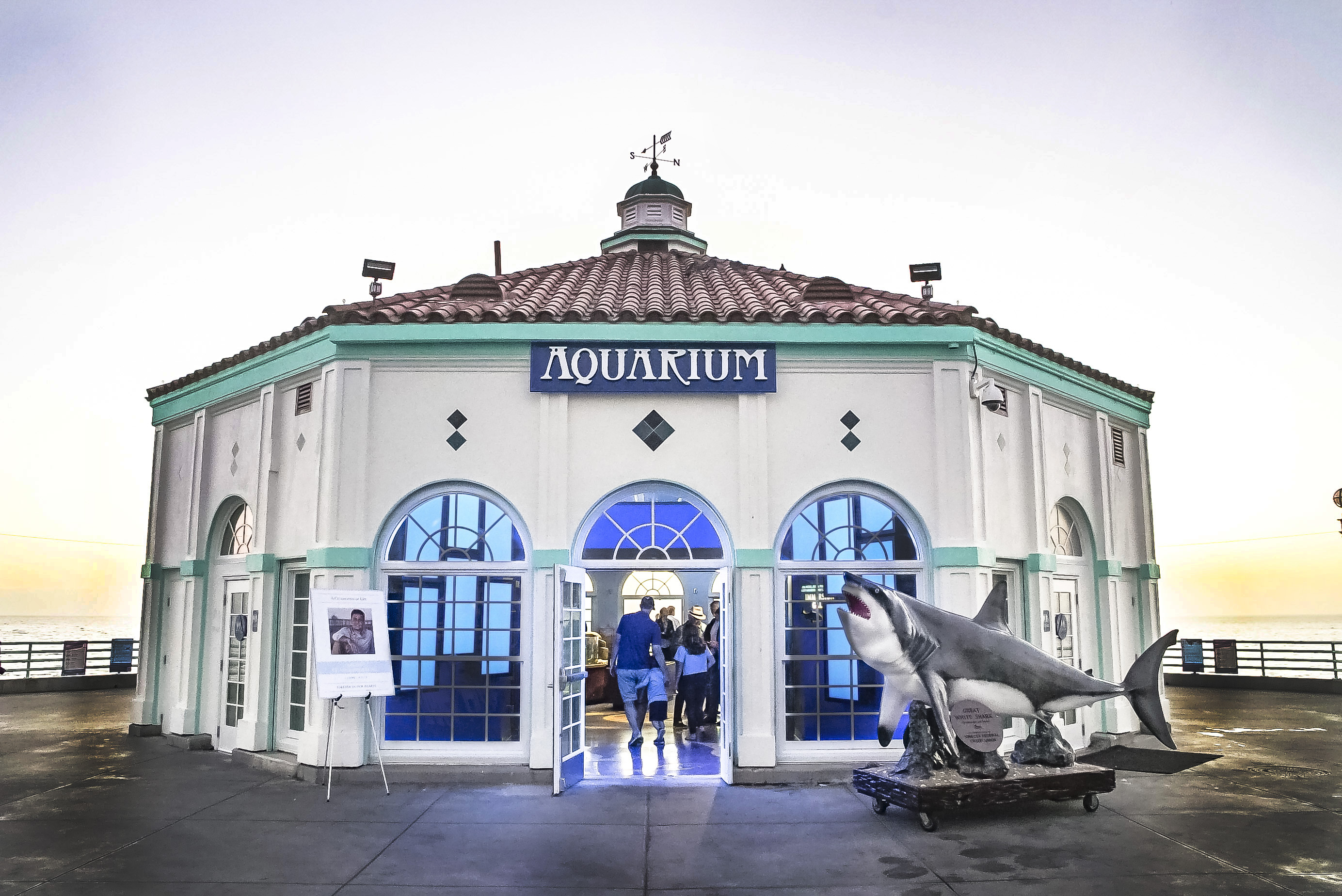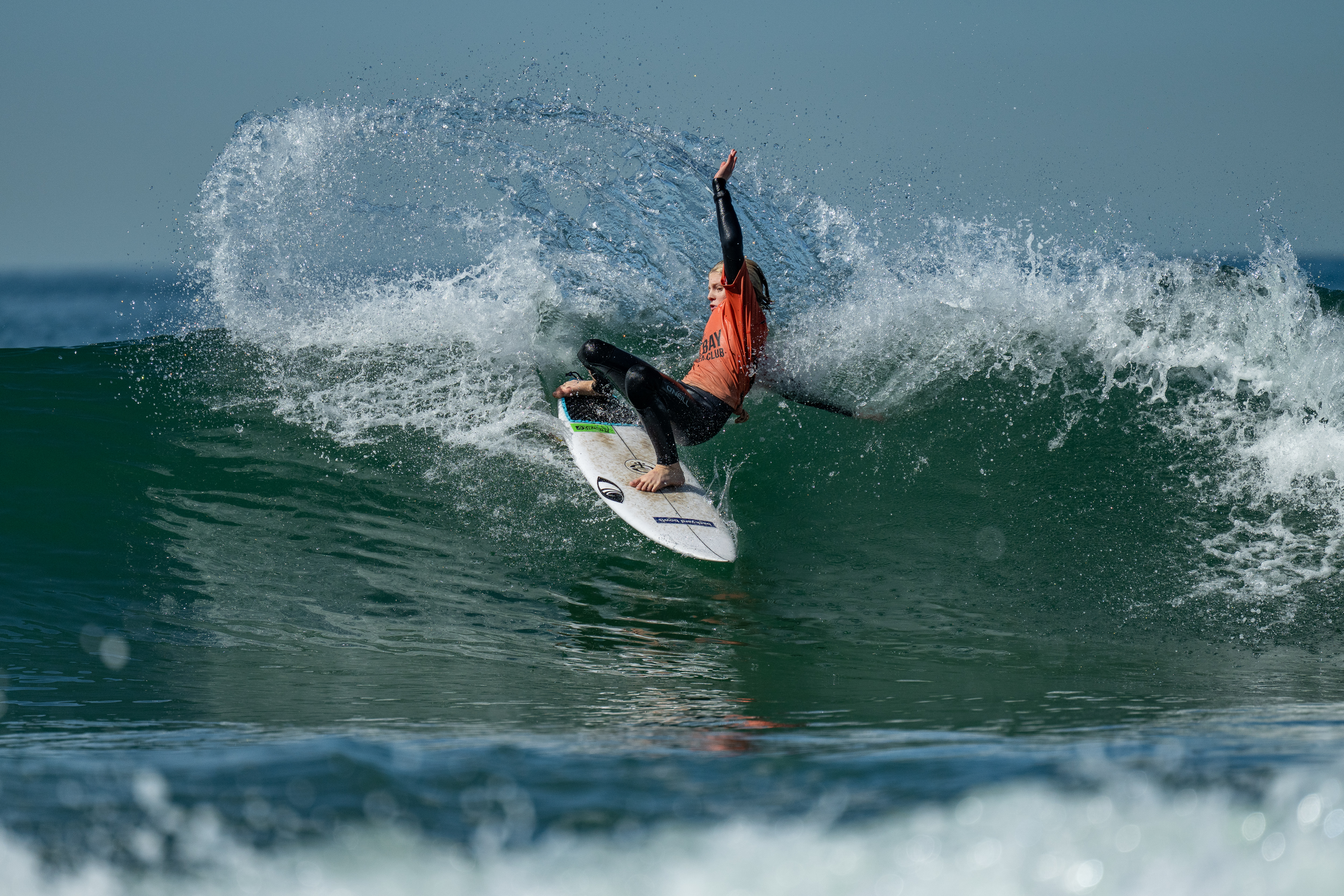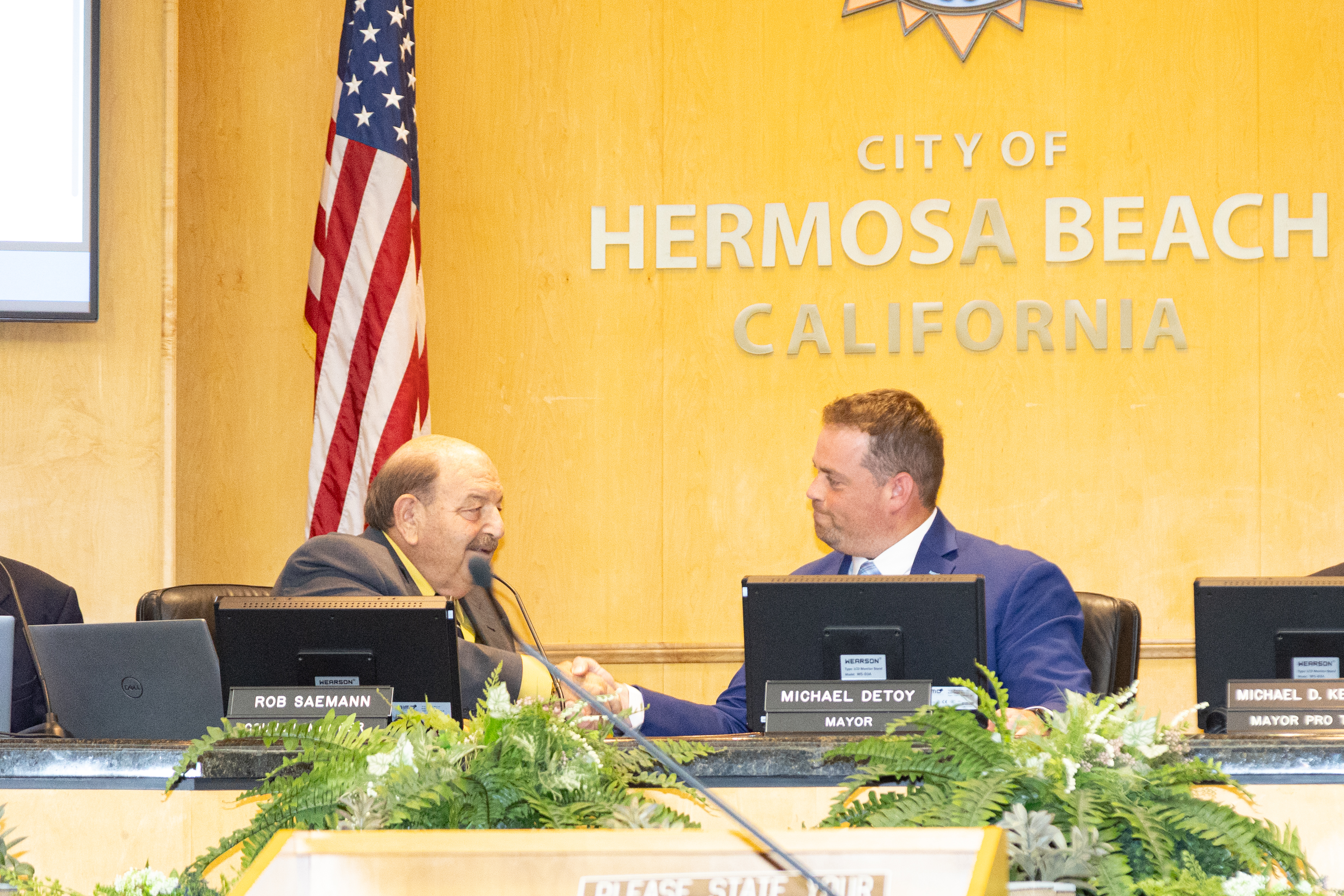
David Byrne never quite makes it to Manhattan Beach in “Bicycle Diaries,” the Talking Heads frontman’s two-wheeled travelogue. But if he were to peddle by the library Saturday afternoon, he probably could not help but smile.
In honor of the second anniversary of much-lauded redesign, the Manhattan Beach Library will host a Bike Rally and Birthday Party Saturday from 2 p.m. to 4 p.m. Community members are invited to head to the library to sample cycling education courses, ‘80s-inspired live music, a taco truck and more.
The event is one of many being offered in South Bay libraries throughout the month as part of the Beach Cities Read program, which links together the libraries of Manhattan Beach, Hermosa Beach, Redondo Beach and Torrance. Under the program, libraries select a book and an associated service, then host various events to engage the community.
Last year’s selection, Capt. Charles Moore’s “Plastic Ocean,” was paired with a beach cleanup sponsored by the Surfrider Foundation. For this year’s Read, local librarians got together and did what they do best: talk about books.
Melissa McCollum, community library manager for the Manhattan branch of the Los Angeles County Library, said that arriving at “Bicycle Diaries” came down to both social and literary virtues. (The Hermosa Beach library hosted a bike donation and swap last weekend, with help from local bike shops and the Hermosa Beach Police Department.)
“We all liked the idea of promoting bicycling,” McCollum said. “Byrne’s book talks about being able to see neighborhoods he wouldn’t otherwise see through bicycling. And it also gives him an opportunity to talk about arts, culture and other things.”
Byrne’s book is an extended meditation on bicycling as a way of experiencing cities in an age dominated by the car. He tours cities all over the world, and uses the experience to riff on topics like urban design and climate change.
Southern California in general does not come across well in Byrne’s book. At one point, Byrne floats the rather brilliant hypothesis that Los Angeles’ reputation for superficiality flows not from the demands of Hollywood but the fact that people are in cars more often than on sidewalks, and, peacock-like, are forced to have to have fake tans, surgical augmentations and other prominent physical features visible from driving distance. (“In L.A.,” Byrne writes, “one has to be one’s own billboard.”)
But the book was published in 2009, and significant progress has been made since that time to make the area less dependent on the automobile. Two new rail lines have opened in the L.A. Metro system. And closer to home, the Beach Cities have signed on to the South Bay Bicycle Master Plan, an interconnected series of routes designed to allow for safe riding.
Jim Hannon, president of the South Bay Bicycle Coalition, will be at the library Saturday leading a youth bicycling skills course, which the coalition offers on a regular basis. He said that the connection between cycling and libraries is a natural outgrowth of the effort to give people transit options beyond the car. And with last November’s approval of Measure M, a county transportation bond measure, the Beach Cities are likely to receive added funds for safety measures like bike lanes and “sharrows” that can be added during road resurfacing.
“One of the things we’re trying to do is improve multimodal options. Whether you’re running errands, going to work, or visiting libraries, we want to build a safer infrastructure to let people get around,” Hannon said.
The Beach Cities Read and Saturday’s event is part of ongoing effort, taking place in Los Angeles County and throughout the country, to expand the idea of what a library can be at a time when so much information is available through the Internet. A portion of the funds for these programs come from grants under the federal Library Services and Technology Act. (President Donald Trump’s proposed budget would eliminate these grants.)
The bulk of the funding for Saturday’s event comes from the Friends of the Manhattan Beach Library. Melinda Reiter, president of the local group, said that events like the bike rally are essential to engaging the community in library offerings.
“It makes people, particularly the kids, want to come to the library. They see the books, and the get interested for all sorts of reasons. Otherwise, it’s just a boring place where people sit and read,” Reiter said. ER







